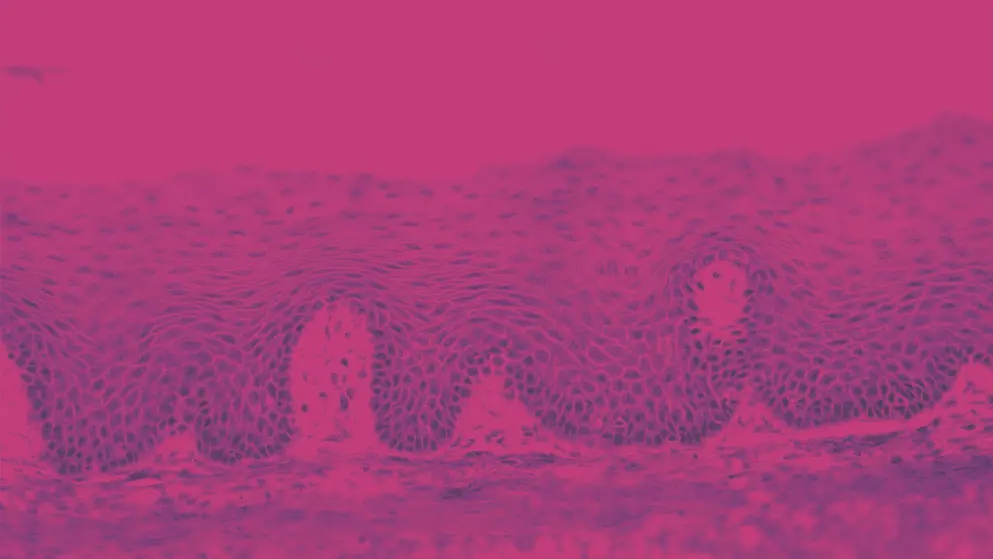
Dupixent late-breaking positive phase III data in chronic spontaneous urticaria to be presented at ACAAI- Sanofi
Positive data from the phase III LIBERTY-CUPID Study C evaluating the investigational use of Dupixent (dupilumab) in biologic-naive patients with uncontrolled chronic spontaneous urticaria (CSU) who receive background therapy with antihistamines will be presented in a late-breaking oral presentation at the American College of Allergy, Asthma and Immunology (ACAAI) 2024 Annual Scientific Meeting in Boston, Massachusetts.
Results showed treatment with Dupixent significantly reduced itch and urticaria activity (itch and hive) scores from baseline, and a higher proportion of patients achieved well-controlled disease status, compared to placebo.
Study C enrolled 151 children and adults who were randomized to receive Dupixent (n=74) or placebo (n=77) added to standard-of-care histamine-1 (H1) antihistamines. Study C evaluated the efficacy and safety of Dupixent as an add-on to standard-of-care antihistamines compared to antihistamines alone in these patients aged six years and older with CSU who remained symptomatic despite antihistamine use and were not previously treated with omalizumab (i.e., biologic-naïve). The primary endpoint assessed the change from baseline in itch at 24 weeks (measured by the weekly itch severity score [ISS7], 0-21 scale). Secondary endpoints at 24 weeks, measured by the weekly urticaria activity score (UAS7) included the change from baseline in itch and hives (UAS7, 0-42 scale), proportion of patients achieving well-controlled disease status (UAS7 ≤6), and complete response (UAS7=0). At 24 weeks, Dupixent demonstrated significant improvements compared to placebo on:
- • Itch severity score (8.64- vs. 6.10-point reduction from baseline; p=0.02)
- • Urticaria (itch and hive) activity score (15.86- vs. 11.21-point reduction from baseline; p=0.02)
- • Well-controlled disease status (urticaria activity score ≤6; 41% vs. 23%; p=0.005)
- • Complete response (urticaria activity score=0; 30% vs. 18%; p=0.02)
The safety results in Study C were generally consistent with the known safety profile of Dupixent in its approved dermatological indications. Overall rates of treatment emergent adverse events (AEs) were 53% for both Dupixent and placebo. AEs more commonly observed with Dupixent (≥5%) compared to placebo included injection site reactions (12% vs. 4%), accidental overdose (7% vs. 3%) and Coviid-19 infection (8% vs. 5%).
Dr. Thomas B. Casale, Professor, Internal Medicine, Morsani College of Medicine at the University of South Florida, USA stated “Chronic spontaneous urticaria is an inflammatory skin condition that affects patients with unpredictable episodes of intense itching and hives, often severely impacting their daily lives. These data confirm results seen in the previous Study A and reinforce the potential of Dupixent to significantly alleviate symptoms for patients, helping them to better control this challenging disease.”

